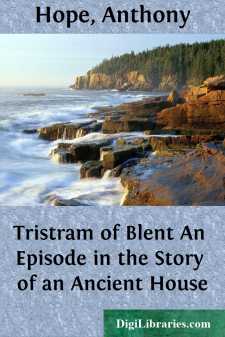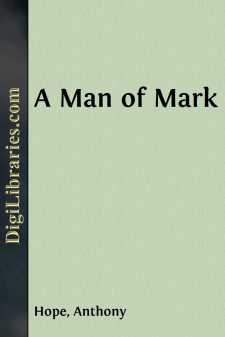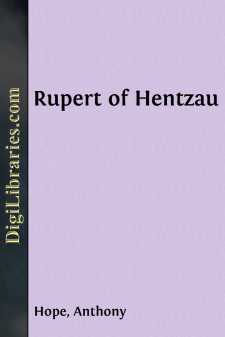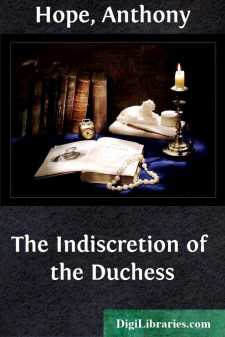Categories
- Antiques & Collectibles 13
- Architecture 36
- Art 48
- Bibles 22
- Biography & Autobiography 813
- Body, Mind & Spirit 142
- Business & Economics 28
- Children's Books 17
- Children's Fiction 14
- Computers 4
- Cooking 94
- Crafts & Hobbies 4
- Drama 346
- Education 46
- Family & Relationships 57
- Fiction 11829
- Games 19
- Gardening 17
- Health & Fitness 34
- History 1377
- House & Home 1
- Humor 147
- Juvenile Fiction 1873
- Juvenile Nonfiction 202
- Language Arts & Disciplines 88
- Law 16
- Literary Collections 686
- Literary Criticism 179
- Mathematics 13
- Medical 41
- Music 40
- Nature 179
- Non-Classifiable 1768
- Performing Arts 7
- Periodicals 1453
- Philosophy 64
- Photography 2
- Poetry 896
- Political Science 203
- Psychology 42
- Reference 154
- Religion 513
- Science 126
- Self-Help 84
- Social Science 81
- Sports & Recreation 34
- Study Aids 3
- Technology & Engineering 59
- Transportation 23
- Travel 463
- True Crime 29
Tristram of Blent An Episode in the Story of an Ancient House
by: Anthony Hope
Categories:
Description:
Excerpt
A Suppressed Passage
Mr Jenkinson Neeld was an elderly man of comfortable private means; he had chambers in Pall Mall, close to the Imperium Club, and his short stoutish figure, topped by a chubby spectacled face, might be seen entering that dignified establishment every day at lunch time, and also at the hour of dinner on the evenings when he had no invitation elsewhere. He had once practised at the Bar, and liked to explain that he had deserted his profession for the pursuit of literature. He did not, however, write on his own account; he edited. He would edit anything provided there was no great public demand for an edition of it. Regardless of present favor, he appealed to posterity—as gentlemen with private means are quite entitled to do. Perhaps he made rather high demands on posterity; but that was his business—and its. At any rate his taste was curious and his conscience acute. He was very minute and very scrupulous, very painstaking and very discreet, in the exercise of his duties. Posterity may perhaps like these qualities in an editor of memoirs and diaries; for such were Mr Neeld's favorite subjects. Sometimes he fell into a sore struggle between curiosity and discretion, having impulses in himself which he forbore to attribute to posterity.
He was in just such a fix now—so he thought to himself—as he perused the manuscript before him. It was the Journal of his deceased friend Josiah Cholderton, sometime Member of Parliament (in the Liberal interest) for the borough of Baxton in Yorkshire, Commercial Delegate to the Congress of Munich in '64, and Inventor of the Hygroxeric Method of Dressing Wool. No wonder posterity was to be interested in Cholderton! Yet at times—and especially during his visits to the Continent—the diarist indulged himself in digressions about people he encountered; and these assumed now and then a character so personal, or divulged episodes so private, that the editor had recourse to his blue pencil and drew it with a sigh through pages which he had himself found no small relief from the severer record of Cholderton's services to the commerce of his country. Mr Neeld sat now with blue pencil judicially poised, considering the following passage in his friend's recollections. The entry bore date Heidelberg, 1875.
"At the widow's" (Mr Cholderton is speaking of a certain Madame de Kries) "pleasant villa I became acquainted with a lady who made something of a sensation in her day, and whom I remember both for her own sake and because of a curious occurrence connected with her. A year and a half before (or thereabouts) society had been startled by the elopement of Miss T. with Sir R. E. They were married, went to France, and lived together a month or two. Suddenly Sir R. went off alone; whose the fault was nobody knew, or at least it never came to my ears. The lady was not long left in solitude, and, when I met her, she passed as Mrs F., wife of Captain F. The Captain seemed to me an ordinary good-looking reckless young fellow; but Mrs F....












